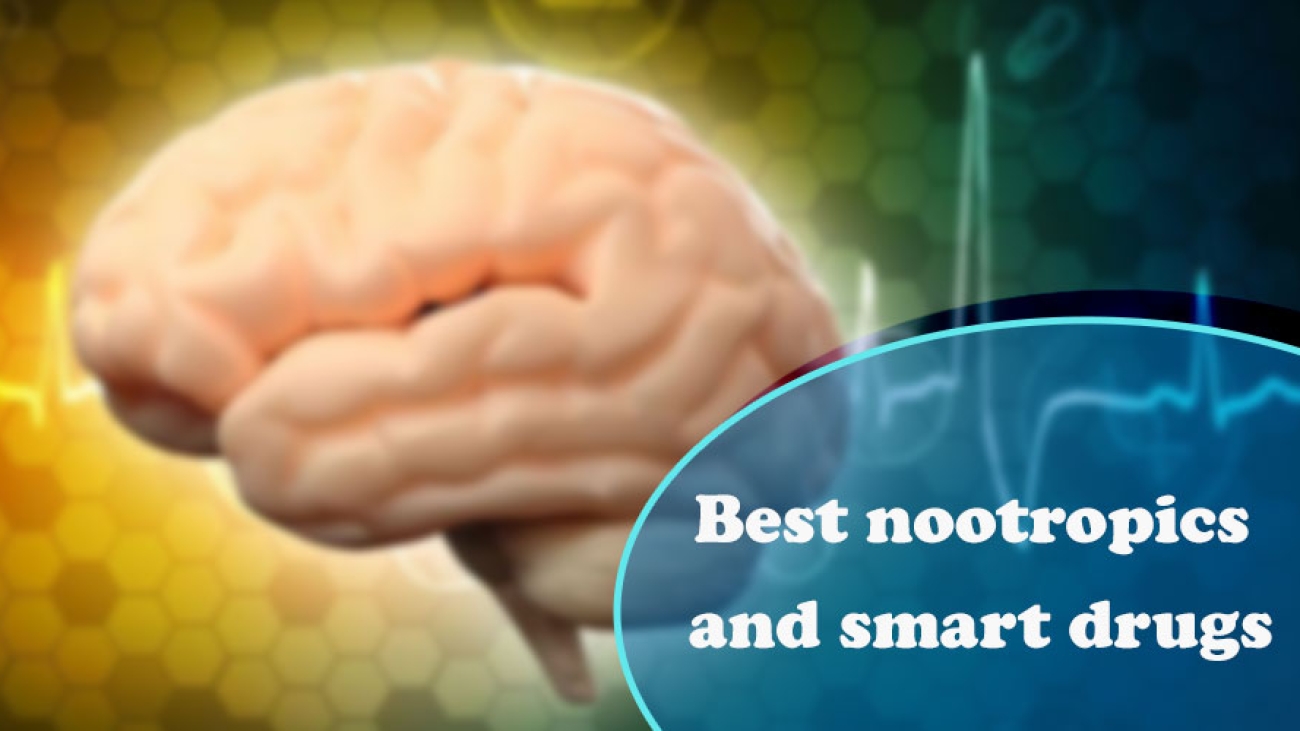Nootropics and smart drugs are becoming more popular in recent years as they are seen as a way to boost brain function and increase productivity and potential solutions to brain fog.
“Nootropics” are brain supplements, often taken orally, that claim to enhance cognitive functions. “Smart drugs” are medications or supplements that have been shown to improve memory and focus.
There are many different types of nootropics and smart drugs, so it can be hard to decide which is best for you. Some nootropics and smart drugs have been shown to improve memory, enhance brain energy, and focus, while others may help with anxiety or depression.
It is important to consult with a doctor before starting any type of nootropic or smart drug as brain supplements, as some may have potentially harmful side effects.
Brain fog, lack of focus, and difficulty concentrating are all common symptoms of chronic stress. But what if there was a way to reduce or even eliminate the negative effects of stress on the brain?
There is no single nootropic or smart drug that is best for everyone. However, many popular nootropics and smart drugs are effective brain supplements that help in reducing symptoms of chronic stress and help produce brain chemicals to address mild cognitive impairment.
Contents
Phenotropil
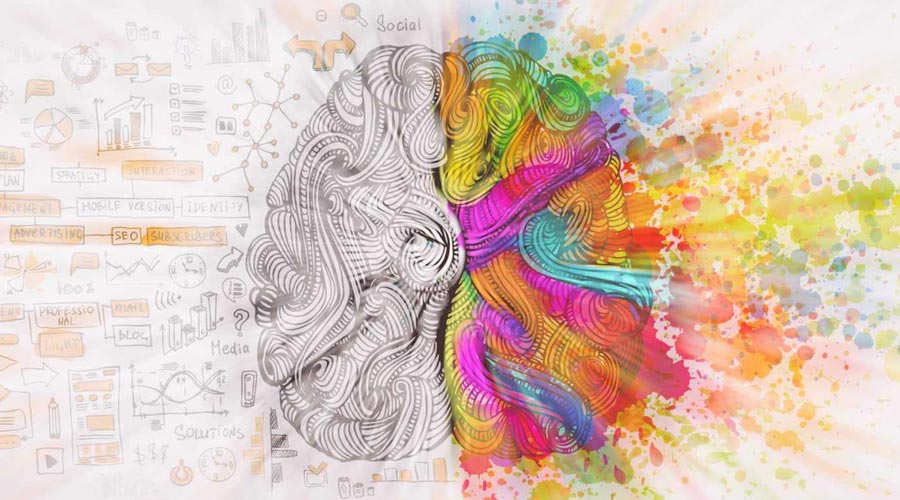
Phenotropil is one of the nootropics’ best supplements that has been gaining a lot of attention in the smart drug community. Unlike many other nootropics, phenotropil doesn’t seem to have any adverse effects.
These kinds of nootropic supplements are an ideal choice for those looking for a safe and effective way to improve their cognitive performance. Phenotropil also seems to be effective at reducing anxiety and improving mood.
It is a brain supplement that is taken once a day and it works by increasing the level of serotonin in the brain. Serotonin is a chemical that helps to regulate mood, and boosts brain energy, emotions, and sleep patterns.
Creatine

Creatine is a compound that is produced in the human body, primarily from the amino acid L-arginine. It is important for energy production in muscles and has been shown to improve mental performance in short-duration high-intensity activities such as sprinting.
It can also help improve strength and muscle mass, preventing injuries. Creatine nootropic supplements appear to be safe and possibly beneficial for people with certain medical conditions, such as Parkinson’s disease and Type 2 diabetes.
There is some evidence that creatine can improve brain function in older adults, but more research is needed.
It has been found to increase cognitive performance and memory in healthy people. There are many different ways to take creatine, including in supplements and through food sources.
Some people worry about the potential side effects of creatine, but research suggests they are minimal if taken as recommended.
Overall, creatine is a powerful and one of the best nootropic supplements that should be considered for anyone looking to enhance their cognitive abilities!
Noopept

Noopept is a Russian compound that was first synthesized in 1984. It is a derivative of the amino acid proline and has been shown to have neuroprotective effects in animal studies.
Noopept has been found to improve brain function and memory in healthy volunteers. Noopept can be available as a supplement and is considered one of the best nootropic supplements that have been reported to improve working memory and focus.
It has also been shown to reduce the risk of developing Alzheimer’s disease and other mental health problems.
It also appears to be relatively safe, with few side effects. Some people have even used it to recover from brain injuries. Noopept is not a prescription drug, so it can be purchased without a doctor’s approval.
It is available as a pill or powder and can be mixed with other supplements for increased effectiveness.
Caffeine
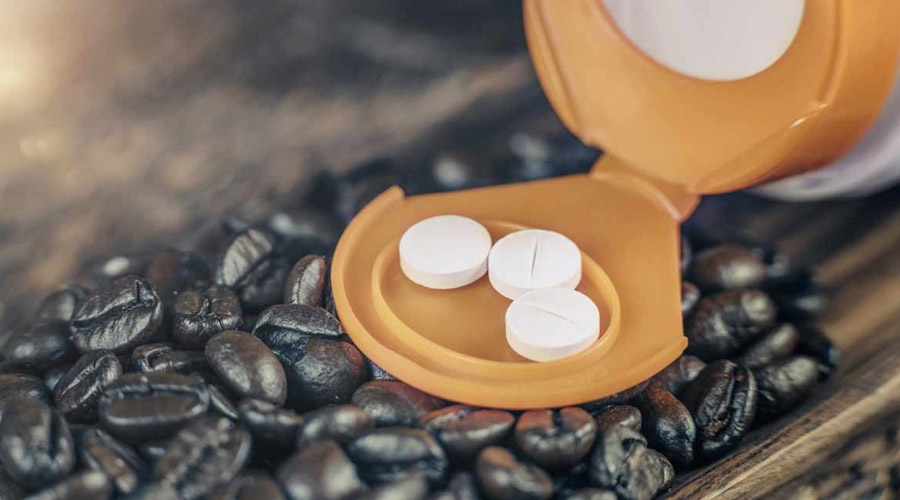
There is no one answer to how much caffeine is right for you. Caffeine is a stimulant that is found in many different forms, including coffee, tea, and soda. It is also found in some prescription drugs.
Caffeine has been shown to improve focus and concentration, as well as reduce fatigue. However, it should be used cautiously because too much caffeine can lead to addiction, affect brain cells, and other health problems.
Every person has different tolerance levels, so it’s important to experiment a little and find out what works best for you. Generally speaking, the more caffeine you drink, the better your energy level will be.
However, it’s always important to consult with a healthcare professional before consuming large amounts of caffeine or consuming nootropic supplements with caffeine because too much can have negative side effects.
Rhodiola Rosea

Rhodiola Rosea is a perennial plant that grows in the Arctic and mountainous regions of Europe, Asia, and North America.
The root of Rhodiola Rosea has been used in traditional medicine for centuries to treat stress, fatigue, and anxiety, helps in regenerating brain cells, and depression.
Studies have shown that Rhodiola Rosea can improve brain function and reduce symptoms of anxiety and depression. It has even been credited with helping to improve mental energy levels and memory recall.
L-Theanine
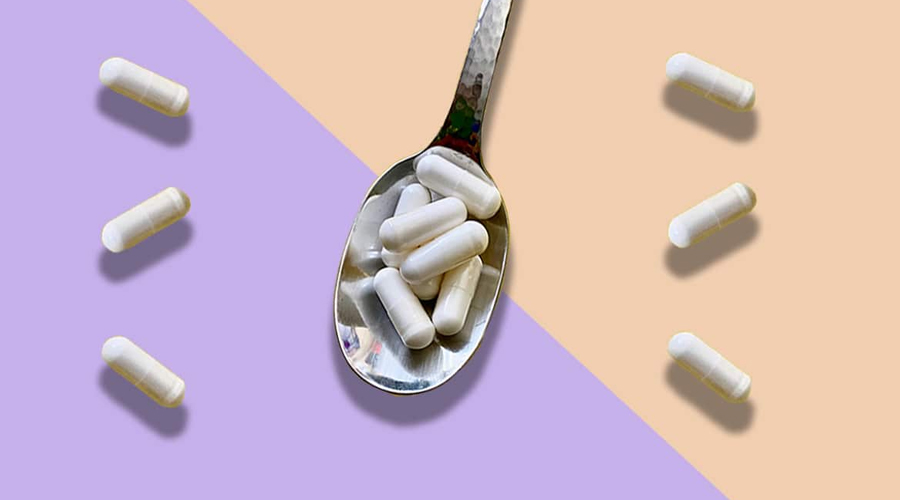
When it comes to nootropics and smart drugs, L-Theanine is a standout performer. L-Theanine is a natural amino acid found in green tea has been shown to support the brain cells’ function and reduce anxiety.
Additionally, it can improve focus, mental clarity, and concentration, making it a great choice for those looking for a nootropic with the potential to boost their productivity.
Since L-Theanine is an amino acid, it is also being studied for its potential benefits to the brain cells, brain health, and development.
Amphetamines

Since the late 1800s, amphetamines have been used to treat Attention Deficit Hyperactivity Disorder (ADHD) and narcolepsy.
Amphetamines also have been used as a performance-enhancing drug in sports and by people seeking an “edge” in their work.
However, amphetamine use has come under scrutiny in recent years because of its potential for abuse and addiction that could affect a person’s brain cells.
Amphetamines are a type of drug that can help improve focus and motivation. They’re also known as “speed” drugs, and they can be addictive.
Some of the best nootropics and smart drugs to use if you want to avoid amphetamines include caffeine, nicotine, and modafinil.
Nicotine
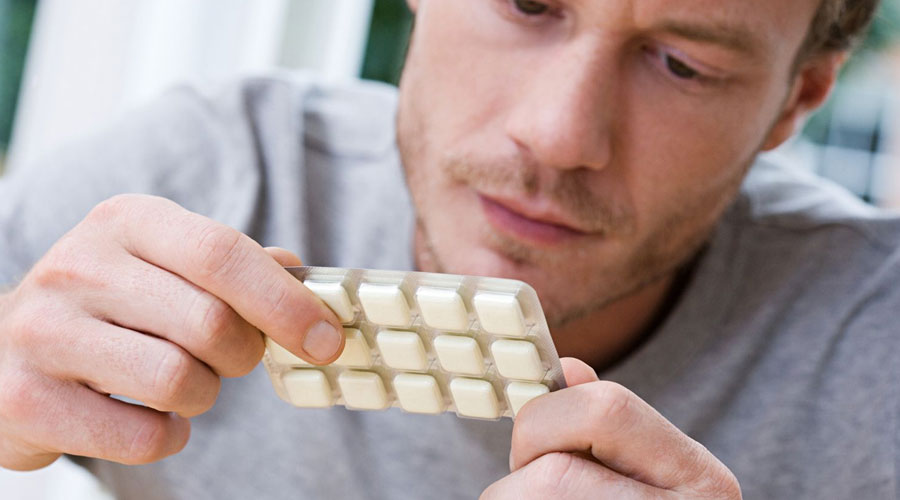
Nicotine is the primary psychoactive chemical in tobacco and is also found in other plants. Nicotine has many different effects on the body, including improving mood and stimulating the brain. Nicotine can also be addictive, which is why it’s important to be careful how much you use.
Nicotine is a keyword in nootropics and smart drugs. Nicotine is found in cigarettes, cigars, and other forms of tobacco. It’s also found in some over-the-counter medications and energy drinks.
Nicotine has both stimulant and depressant effects. Stimulants make you feel more alert and energetic. Depressants make you feel less alert and energyless.
Nicotine has been shown to improve memory and attention skills. It also increases the release of dopamine, which is responsible for feeling pleasure, excitement, and motivation.
Nicotine may also help improve moods by reducing anxiety and stress levels. It can also help reduce cravings for sugar (fructose) or unhealthy foods.
Piracetam

Nootropic supplements can improve brain power and promote better sleep, but it’s important to choose the right one for you. In this roundup of the best nootropics, we’ll explain what they are and what benefits they offer.
Piracetam is a cognitive enhancer that has been shown to improve memory and attention span in healthy individuals. It may also be beneficial for people with Alzheimer’s disease or other forms of dementia, as well as for those who are struggling with learning disabilities.
Piracetam is not only a nootropic, but it is also a psychostimulant – meaning that it can improve mood and motivation.
Ginkgo Biloba

Ginkgo biloba is a perennial tree that is native to East Asia. The leaves of the ginkgo tree are used for their antioxidant properties and are often used in Traditional Chinese Medicine.
There are many different types of ginkgo products available on the market, including capsules, tinctures, extracts, and supplements.
Some studies have shown that ginkgo leaves are cognitive enhancers to avoid cognitive decline and reduce anxiety and stress levels.
Ginkgo biloba is also a natural source of nootropics, which means it can boost cognitive function. The ginkgo Biloba tree has been used in traditional Chinese medicine for thousands of years and is currently being studied for its potential health benefits in the Western world.
Some popular claims about ginkgo include that it can improve memory and brain function, help prevent age-related dementia, improve brain health, and help treat anxiety and depression. The jury is still out on many of these claims, but there is evidence to support some of them.
Modafinil

Modafinil is a drug that’s been used to treat narcolepsy and other sleep disorders. It’s also been shown to improve cognitive performance and is a brain-derived neurotrophic factor in some people.
Modafinil is one of the most popular nootropics on the market, and it has several benefits for users.
Some of the benefits of using modafinil include: improved cognitive performance, increased energy, decreased anxiety and depression, and an improved mood that helps in improving brain function.
It’s also been shown to be effective for increasing productivity and focus.
There are some drawbacks to using modafinil, however. It can be habit-forming, so it’s important to be careful when taking it.
Additionally, it can cause side effects that could also have a negative effect on your cognitive health like headaches, dizziness, or fatigue.
Bacopa Monnieri
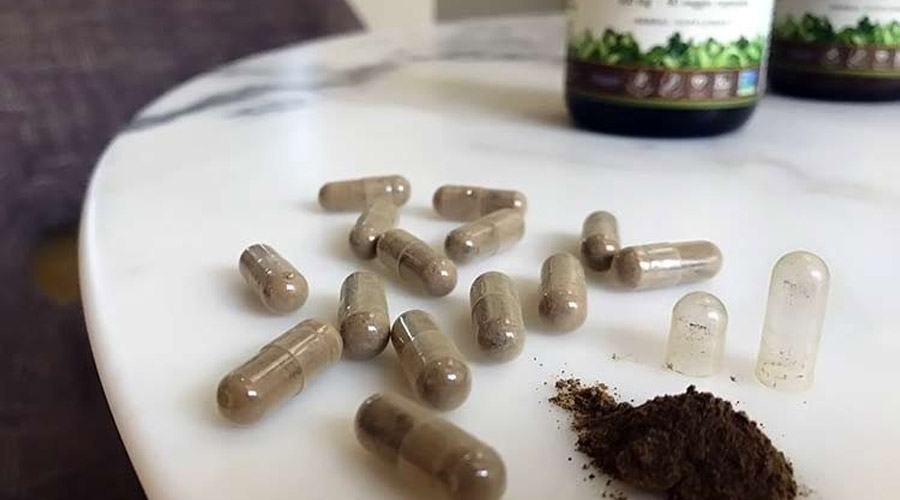
Bacopa monnieri, also known as bacopa or Brahmi, are small, creeping plants that have been used in Indian medicine for centuries and are considered natural nootropics.
The leaves and roots of bacopa are said to be helpful for memory, brain cell repair, and brain function, and it is also claimed to be an antidepressant that helps reduce mental fatigue.
Some scientific evidence suggests that bacopa may help improve learning ability, boost memory retention, blood flow and mental focus; however, more research is needed to confirm the smart drug claims.
Panax Ginseng

Panax ginseng (Ginseng orientalis) is a type of Ginseng plant native to China and Korea. According to ancient Chinese texts, Panax ginseng was used as an herbal medicine for a variety of ailments, including general fatigue, mental fatigue, memory retention, and erectile dysfunction.
Panax ginseng plants are popular herbs for natural nootropics use. It has been traditionally used in Asia as a traditional medicine for a variety of conditions, including general fatigue, mental fatigue, and erectile dysfunction to avoid consuming a prescription drug.
Modern research suggests that Panax ginseng may also have benefits for brain health, blood flow, and mood.
Methylphenidate

Methylphenidate is a CNS stimulant that has been used as a treatment for attention deficit hyperactivity disorder (ADHD) and narcolepsy since the early 1990s.
Originally developed as an ADHD medication, methylphenidate is also now being used to treat other conditions such as narcolepsy, chronic pain, and obesity.
Methylphenidate is also considered one of the best nootropics on the market today because it has many positive effects on brain health and mood.
Methylphenidate acts as a dopamine and norepinephrine reuptake inhibitor and can improve focus, attention, and working memory. It is also used to treat obesity and addiction.
Conclusion
Nootropics are a class of supplements and medications that improve mental function. They are often marketed as “smart drugs” or “brain enhancers.”
Nootropics have been used by people for centuries, but their effects on cognition remain unknown.
Some researchers believe that nootropics can improve memory, focus, and attention; reduce anxiety and stress; and improve creativity and productivity.
However, more research is needed to verify these benefits.
FAQ
Are there any nootropics that work?
There is no single answer to this question as the efficacy of a nootropic supplement is still under investigation.
However, some preliminary research suggests that several of these compounds may have beneficial effects on human brain health.
These include piracetam, aniracetam, and oxiracetam. To date, however, there is little evidence to suggest that any of these substances are truly effective at enhancing cognitive performance.
A recent study by scientists at the University of California, Irvine found that the use of nootropics – substances intended to aid cognitive function – may not be as effective as previously thought.
While many popular nootropics appear to have positive effects on cognitive function, the study found that a majority of these substances do not work.
This is likely because most nootropics are synthetic and do not have well-understood mechanisms of action.
The use of natural nootropic substances, such as caffeine and vitamin B6, appears to be more effective in improving mental performance.
What is the strongest nootropic?
Nootropic drugs are substances that supposedly improve mental energy. Some well-known nootropics include caffeine, omega-3 fatty acids, and L-theanine.
But which nootropic is the strongest? A recent study published in the journal Neuropsychopharmacology looked at this question.
The study found that piracetam was the strongest nootropic when it came to improving mental clarity and generating new brain cells. It improved task performance by around 20 percent compared to placebo.
Interestingly, piracetam also had the least negative impact on mood and motivation levels. This suggests that it could be a good choice for people who want to improve their overall cognitive function and mental function but avoid any negative side effects.
Can I stack nootropics?
A nootropic supplement can be clustered and called a nootropic stack that purportedly improves healthy brain function. Some people advocate the use of nootropics in combination, as they believe they can synergistically boost performance.
However, there is limited research on the nootropic stacks and it is not clear whether stacking them increases their efficacy, have cognitive benefits or leads to adverse effects.
It is therefore important to be aware of potential risks and seek advice from a healthcare professional before using any combination of nootropics and making nootropic stacks.
A recent study investigated the nootropic stack and found that it is safe to do so.
The study was conducted on rats and found that there were no negative effects or cognitive decline when two different types of a nootropic stack.
This means that your own nootropic stack can improve your cognitive performance and is a brain booster that helps you focus!
There are still ongoing studies for nootropics as dietary supplements.
Do nootropics pills work?
Do nootropic pills work? This is a question that has been on the minds of many people for some time now.
After all, these pills are said to help generate healthy brain cells for optimal productivity and have mental benefits that help with mental processing.
However, there is much debate as to whether or not these supplements work. There are a few reasons why this question remains unanswered.
First, it is difficult to determine whether any given nootropic works because there is little evidence to support its effectiveness.
Second, the mechanism by which these pills supposedly improve cognitive function and mental processing is largely unknown.
Without a clear understanding of how these compounds work, it is difficult to know if they are truly effective in enhancing mental performance.
Despite these limitations, some experts do believe that a nootropic supplement can be beneficial for those looking to improve their cognitive function, brain energy, blood flow, and productivity.
However, more research needs to be done to confirm these findings.
What is the main ingredient in nootropics?
Nootropics are drugs or supplements that supposedly improve cognitive function. Some of the more common nootropics include choline, caffeine, and phenethylamine.
Choline is found in meats and eggs, caffeine is found in coffee, tea, and soda, and phenethylamine is found in tobacco and certain plants.

